The TV licence fee is currently the most viable method of funding the BBC and public broadcasting – and will likely remain so until at least 2038, according to a Commons Select Committee. While other methods have been reviewed (see below), they’re either impossible to implement in the UK for now, or pose other problems.
In addition, the committee criticized the government’s stance on licence fee decriminalisation, and its failure to set a clear decision.
These conclusions were published this week by the cross-party Digital, Culture, Media and Sport Committee, in a report looking at the future of public service broadcasting.
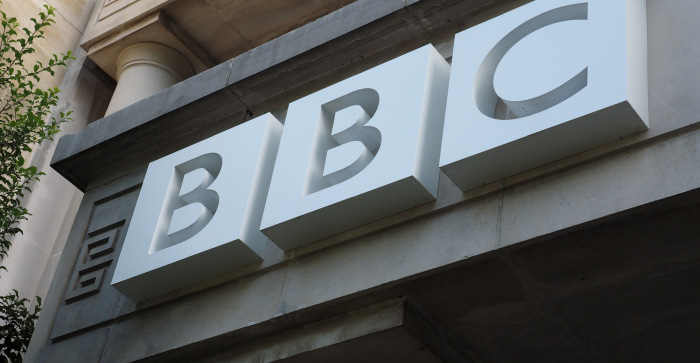
Throughout their inquiry, the committee held evidence and received almost 100 written submissions from broadcasters, Ofcom and academics.
They emphasize that the legislation underpinning public service broadcasting, which was enacted back in 2003, is no longer fit for purpose – therefore reforms are needed.
While the committee recognised the importance of Publis Service Broadcasters (PSB) like the BBC, they mention that broadcast TV viewing figures have been falling in recent years due to the popularity of on-demand streaming services like Netflix.
“In 2019, average viewing of broadcast TV per person, per day fell by 5%, with similar falls having already taken place in 2017 and 2018.
Whilst Covid-19 temporarily reversed the long-term decline in viewing, by June 2020 combined PSB (public service broadcaster) viewing share had fallen back down to its lowest levels since August 2019.”
However, linear broadcasting remains important to certain groups: in 2018, according to Ofcom data, over-75s watched an average of 349 minutes of broadcast TV a day compared to 25–34-year-olds who watched 122 minutes a day (It remains to be seen whether these figures will change, now that the TV Licence is no longer free for Over-75s).
TV Licence Fee Enforcement
The TV Licence fee question remains a heated one. Currently, the fee is used to fund the BBC, standing at £159/year (from April 1, 2021).
Anyone who watches the BBC live, or streams it via BBC iPlayer, has to pay the fee. Also, if you watch ANY live TV, from any broadcaster – you also need to pay it (See our full guide on whether you need to pay the TV Licence fee or not).
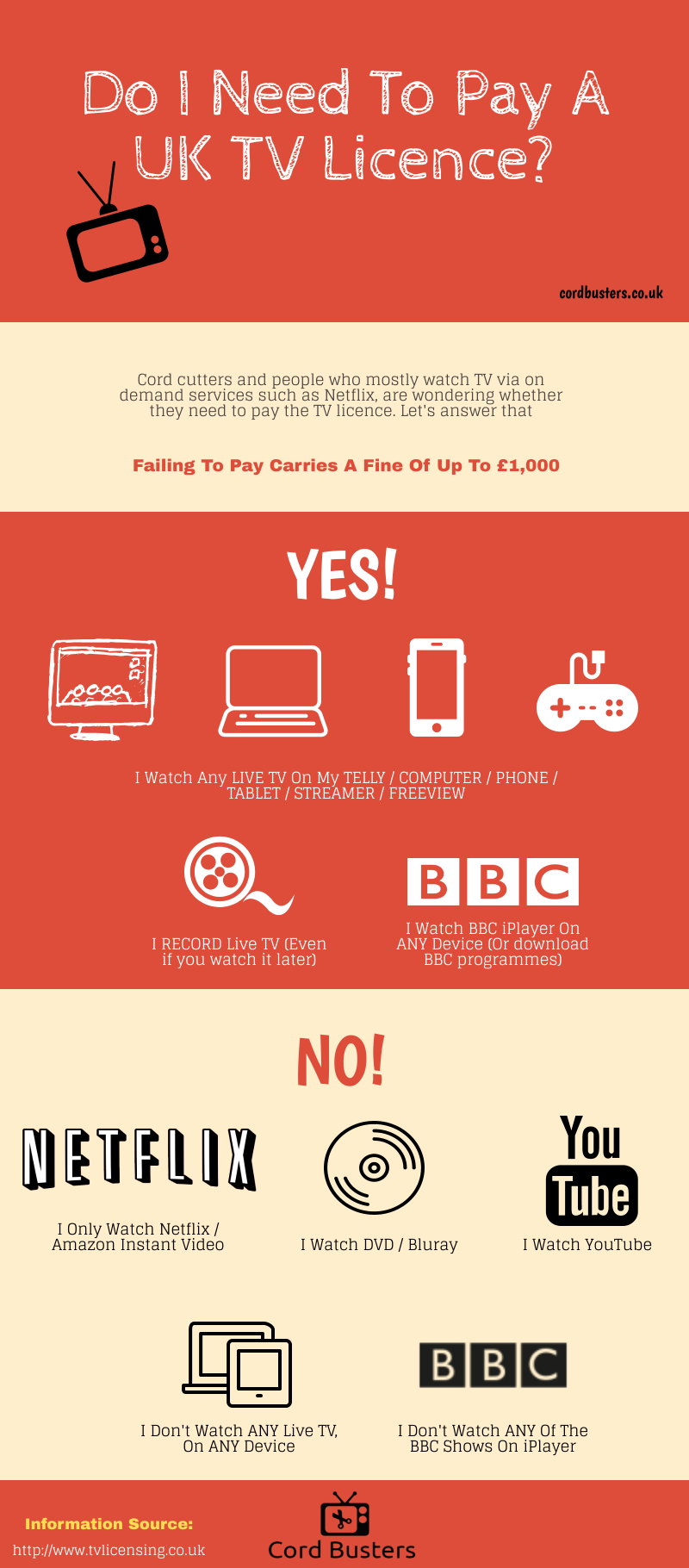
This week, the BBC revealed that in 2020, approximately 1.7 million people in the UK chose not to pay for TV Licence (by stating they don’t need one) – a 200,000 increase over the previous year.
But in addition to people who choose to legally not have to pay – some simply try to evade the fee (which is a criminal offence), with licence fee evasion in the UK currently standing between 6.5% and 7.5%.
Earlier this year, the government was supposed to decide whether to decriminalise the licence fee, possibly handing over its enforcement to bailiffs. The government basically decided not to decide – something the committee is critical of:
“It took the Government almost 10 months to respond to the consultation on decriminalisation of TV licence fee evasion.
“The issue of decriminalisation could be used as a bargaining tool by the Government during the ongoing licence fee settlement negotiations with the BBC and S4C, and thereby undermine one of the core principles of public service broadcasting: that it should be removed from Government interference.
“We call on the Government to provide assurances that the issue of decriminalisation will not be used as a bargaining tool during the ongoing licence fee settlement negotiations with the BBC and S4C.
“We also recommend that the Government conclude its further work on enforcement schemes, and publish its findings, by the end of the current parliamentary session.”
The TV Licence VS Streaming
Despite changes to the TV viewing habits, approximately 85% of people still watch broadcast content every week, according to the Digital, Culture, Media and Sport Committee’s report – and streaming TV isn’t a viable replacement, for now, even though BBC iPlayer is gaining popularity.
In comparison, Netflix currently has in excess of 12m subscribers in the UK, Prime Video has 9.5m, Disney+ has 3.4m and NOW has 1.9m.
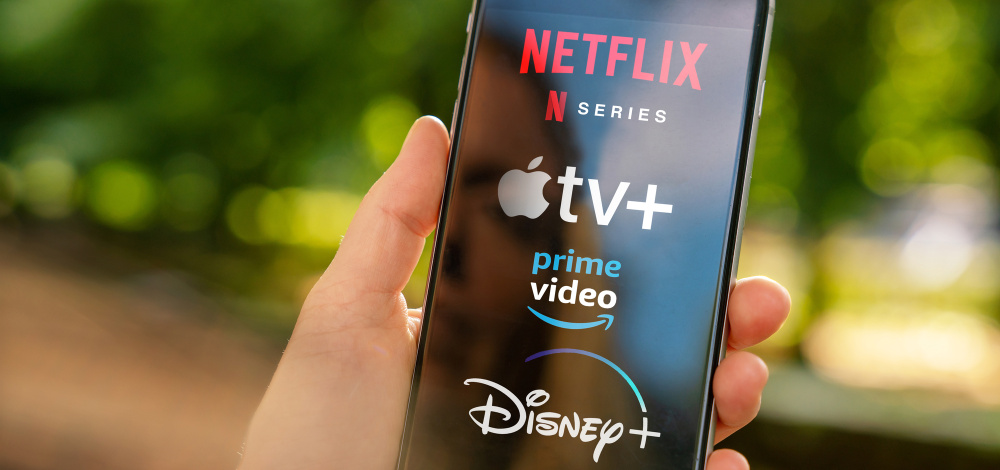
“One of the key principles of public service broadcasting”, the report says, “is that programming is universally available, free to everyone in the country at the point of consumption.
“At some point in the future it seems likely that public service broadcasting will be delivered (or at least universally accessible) via the internet, but that is not the reality we confront today.
“According to Ofcom, approximately 190,000 premises in the UK do not have access to a ‘decent’ broadband service, either from a fixed connection or from a wireless network.”
This is in line with what John Whittingdale, the Minister for Media and Data said earlier this month: “We need to bear in mind that there is a significant proportion of the population who do not have access to any of those services and who at the moment rely upon Freeview.”
And it’s not just about the availability of fast broadband – it’s also about knowing how to use streaming devices, according to the committee:
“It is estimated that 11.3m people in the UK do not have the basic digital skills required to ‘thrive’ in today’s increasingly digital world, and there are approximately 7.5% of UK adults who have never been online.
“Arqiva told us that it is estimated that as many as 1.8m households could lose television and public service broadcasting services if they were entirely internet-based.
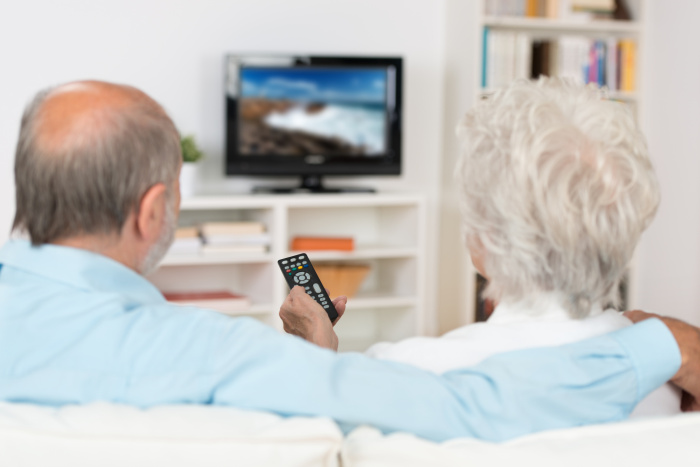
“Linear broadcast television by PSBs remains important and with delays to full-fibre broadband rollout, a wholly online public service broadcasting system allowing for universal access is not yet viable.
“During the current period of transition, whilst a significant amount of content is being made available online, the interests of consumers who rely on linear TV must be preserved.”
Are There Alternatives To The TV Licence Fee?
According to the committee’s report, In 2019 the UK’s TV licence fee was ranked 6th highest in Europe, though lower than other European countries with similar national broadcast funding systems such as Denmark, Norway and Sweden.
But are there any alternatives that can still leave the benefits viewers get from a universal broadcaster like the BBC?
One of the alternatives that keep coming up is the subscription model – where only people who are interested in what the BBC has to offer, would pay for it (similar to how services like Netflix and Disney+ work).
Last month, a BBC report concluded that if one was to subscribe to the range of media the BBC currently offers (TV, radio and the news website), that subscription would end up costing £453/year.
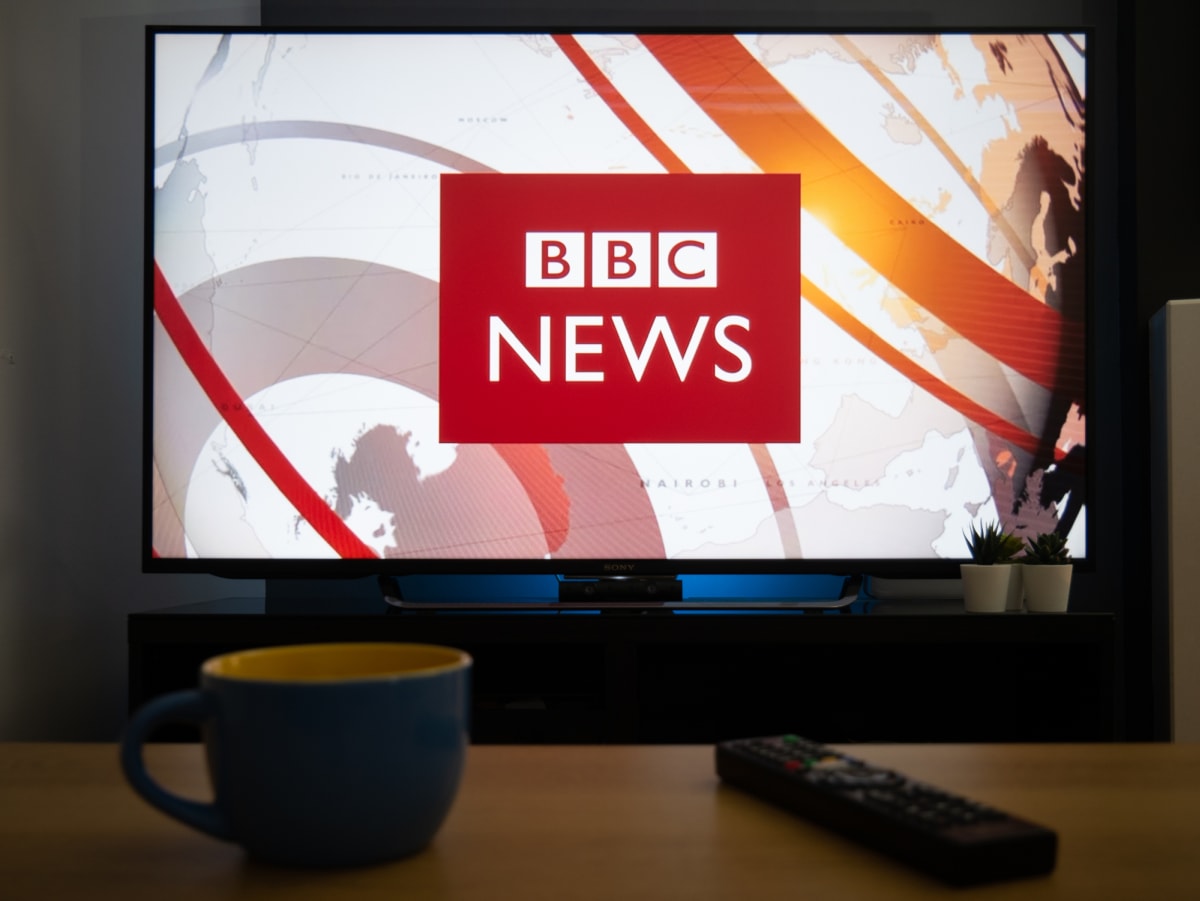
The DCMS committee looked into the subscription model – and was not impressed:
“A subscription-based model has not been adopted by any country within the European Broadcasting Union as a mechanism for funding public service broadcasting and is generally not regarded as a public service broadcasting funding model.
“This is because it is not universal and misses the central role of public service broadcasting as a ‘merit good’ that contributes to the creation of a stable, democratic and peaceful society.
“Merit goods are goods and services that create positive benefits for social welfare but that people are likely to under-consume, and which ought to be subsidised and/or provided free at the point of use so that consumption does not depend on ability to pay.”
The report looked into several other possible funding models:
- A universal household model, where payment isn’t tied to owning a TV or what media you’re watching, and simply put, all citizens must pay it. While simpler, this method is more open to political interference, is less transparent, and could be unpopular with people who don’t consume public broadcasting.
- A State budget, where the government funds public broadcasting directly (or through subsidies). But again, this would open the possibility of political interference (with the government controlling the BBC’s budget), and would prove unpopular with people who chose not to pay in the past.
- Advertising: While some public broadcasters in Europe supplement public funding with additional income from advertising, “it can lead to a de-emphasis on certain forms of programming that are less economically viable such as children’s content, investigative journalism, arts, and minority language and regional content.”
- Taxation as a supplement to public funding
- Donations
The committee concludes that these methods are not a good replacement at the time being, and despite some of the TV Licence Fee’s shortcomings, it remains the best option:
“None of these are sufficiently attractive to justify recommending, for the next Charter period, that they replace the current licence fee model, not least given the disruption and expense of doing so and on balance, the licence fee remains the preferred option for that period.
“The Government either needs to come out with a strong alternative to the licence fee that it can put to Parliament or strongly support the current model for at least the next Charter period (2028 – 2038) and actively aid the BBC in driving down evasion.”
